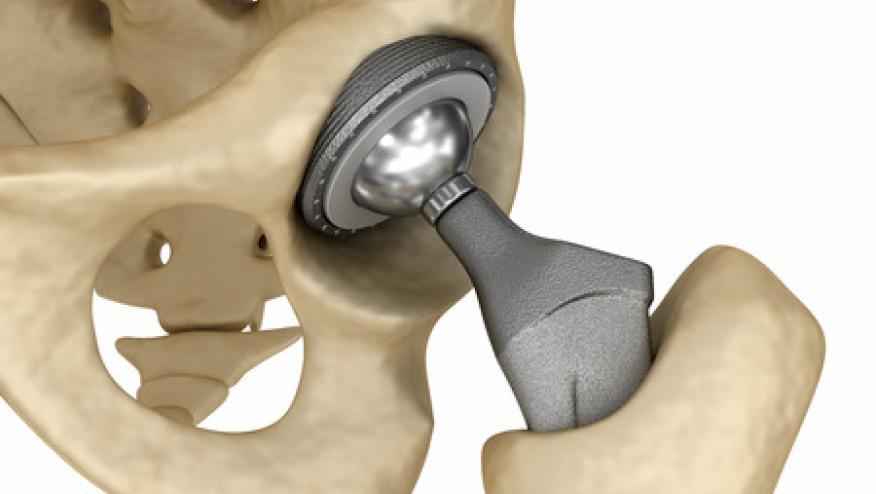IL-1 Inhibition Alters Arthroplasty Rates Save

A subanalysis of the CANTOS trial suggests that inhibition of interleukin-1β (IL-1β) can reduce rates of incident hip or knee replacement (THR/TKR) surgeries.
The CANTOS (Canakinumab Anti-inflammatory Thrombosis Outcomes Study) study included 10,061 participants and showed that canakinumab (given as 50, 150, or 300 mg subcutaneously every 3 months) use was associated with fewer cardiovascular events. Other subanalyses of this large cohort trial also suggested that patients treated with canakinumab (CAN) may have less death, lung cancer and fewer gouty attacks. .
This analysis looked at the time to first incident THR/TKR and time to first an osteoarthritis-related adverse event (AE) after a median follow-up of 3.7 years.
The risk of incident THR/TKR during follow-up (compared to placebo):
- CAN 50 mg: Hazard ratio (HR) 0.60 (95% CI, 0.38 to 0.95)
- CAN 150 mg: HR 0.53 (CI, 0.33 to 0.84)
- CAN 300 mg: HR 0.60 (CI, 0.38 to 0.93)
Annals of Internal Medicine has published the pooled analysis showing those taking canakinumab had a lower risk of THR/TKR (0.31 and 0.54 events per 100 person-years), with a 42% lower risk compared to placebo (HR, 0.58 [CI, 0.42 to 0.80]; P = 0.001). Similarly the risk of osteoarthritis-related AEs was also lower on CAN (HR 0.73; CI, 0.61 to 0.87).
These results were unaffected by a background history of osteoarthritis.
IL-1 inhibition may be capable of altering the natural history of knee and hip osteoarthritis, and warrants further study with a prospective randomized controlled trial.










If you are a health practitioner, you may Login/Register to comment.
Due to the nature of these comment forums, only health practitioners are allowed to comment at this time.